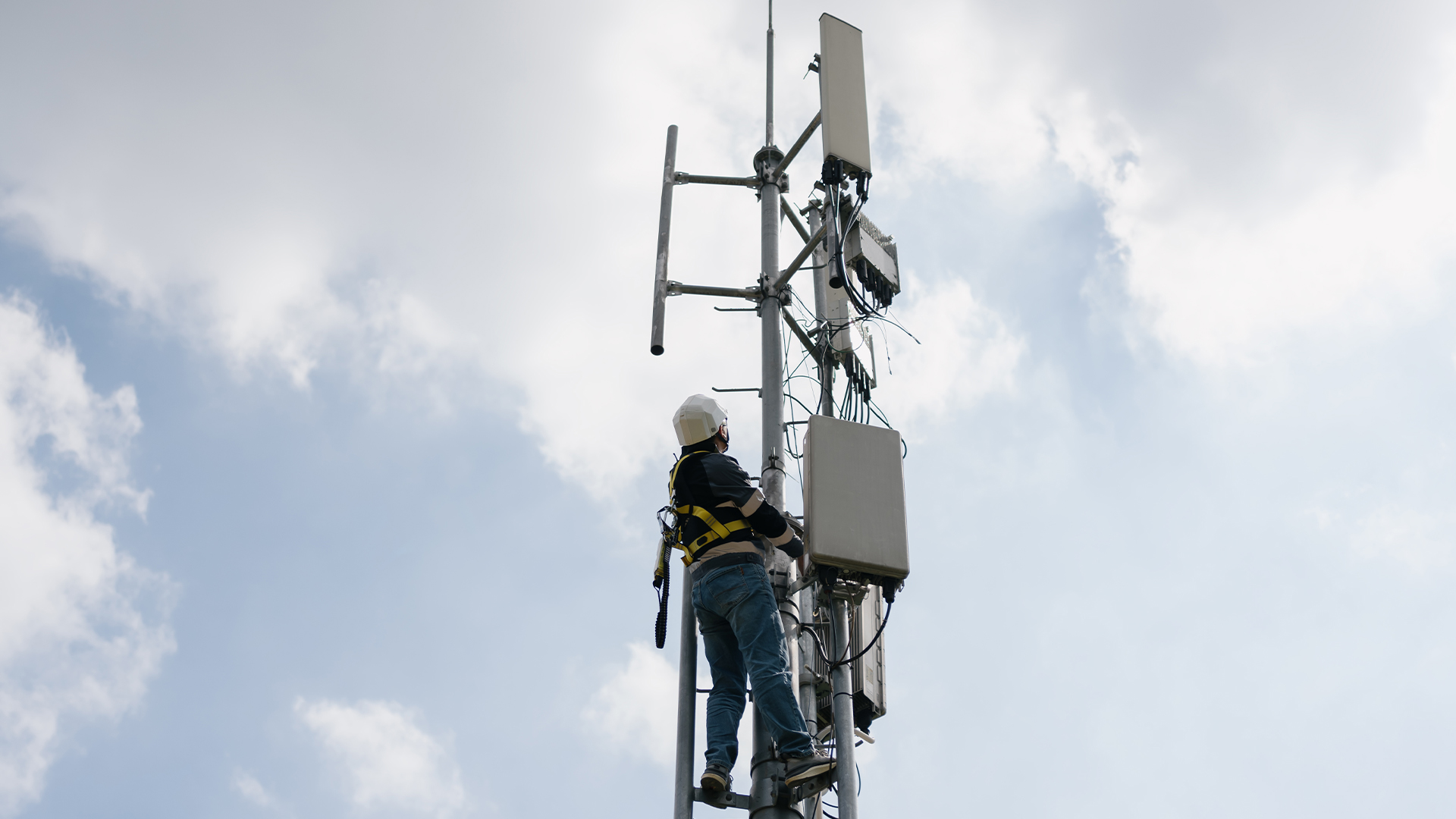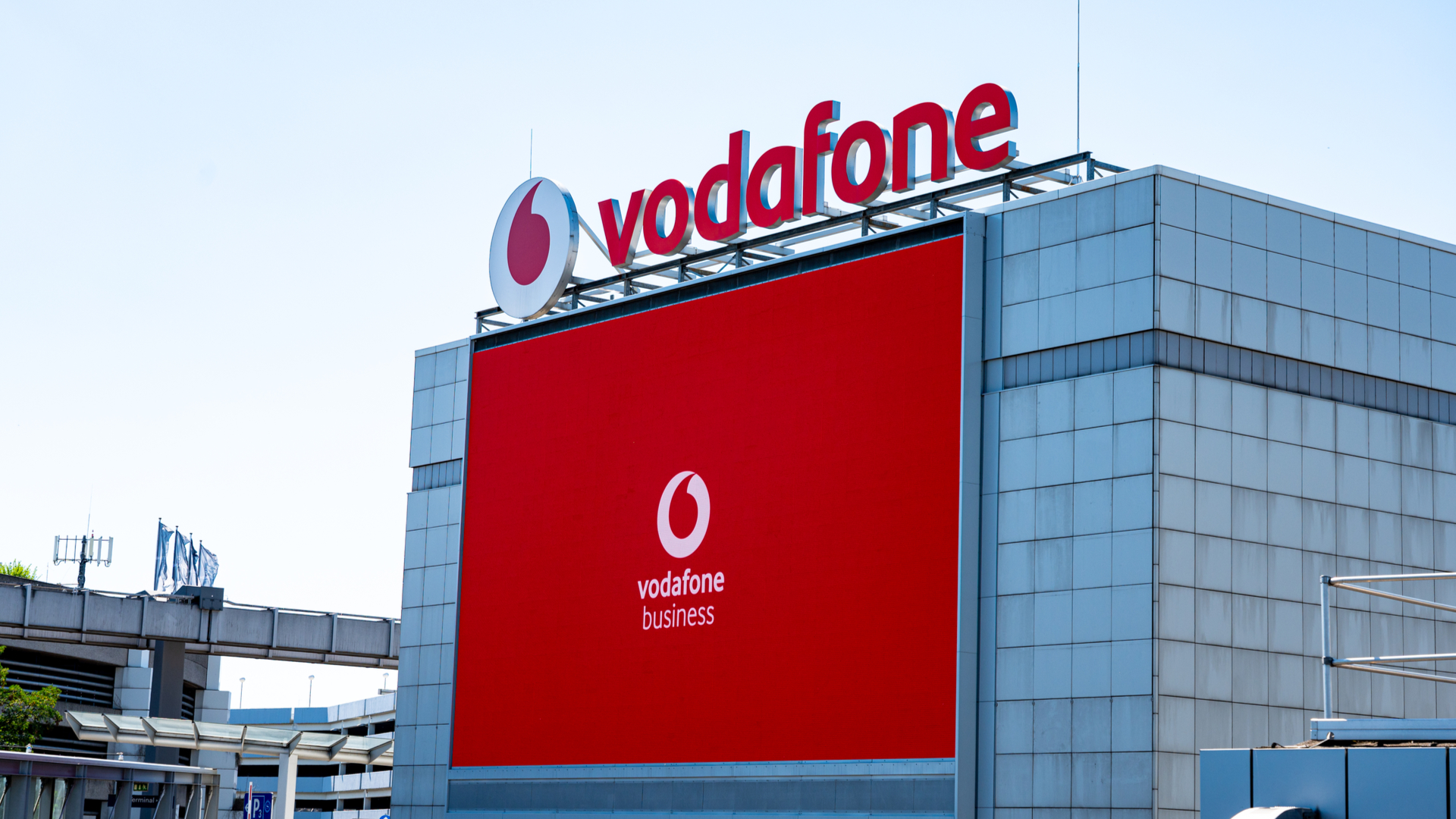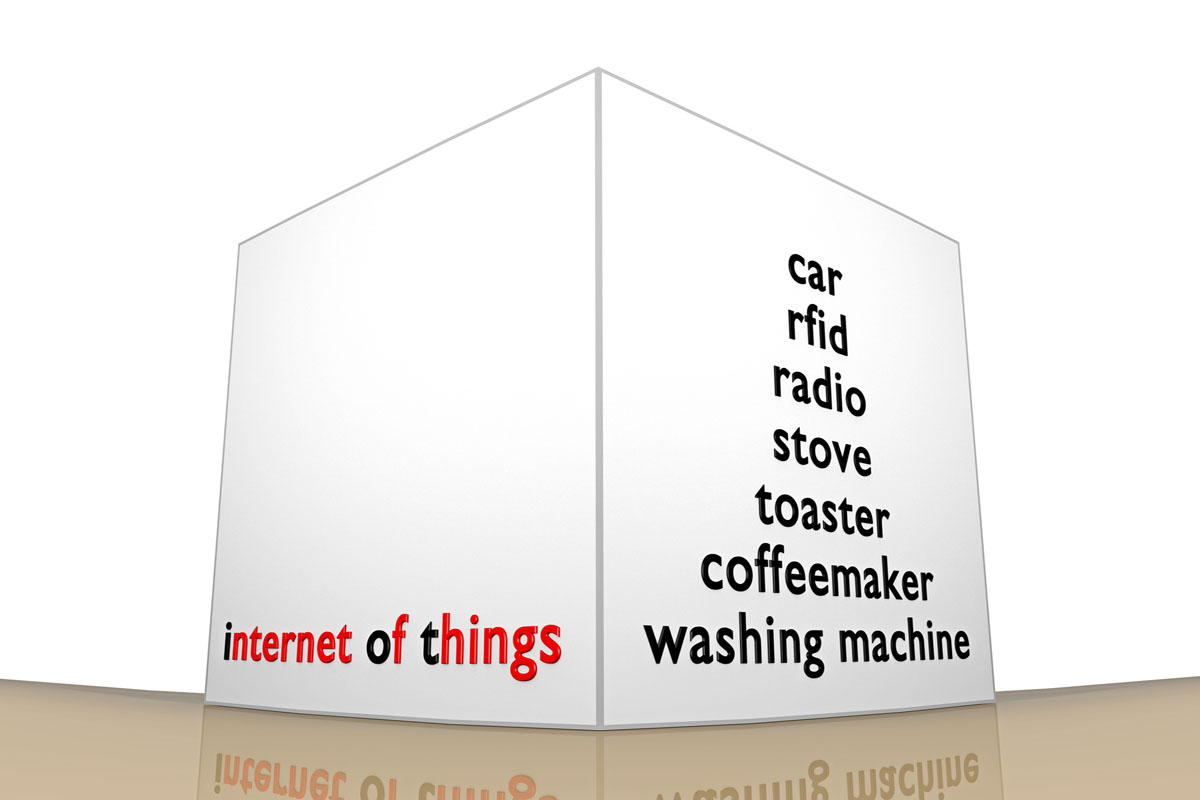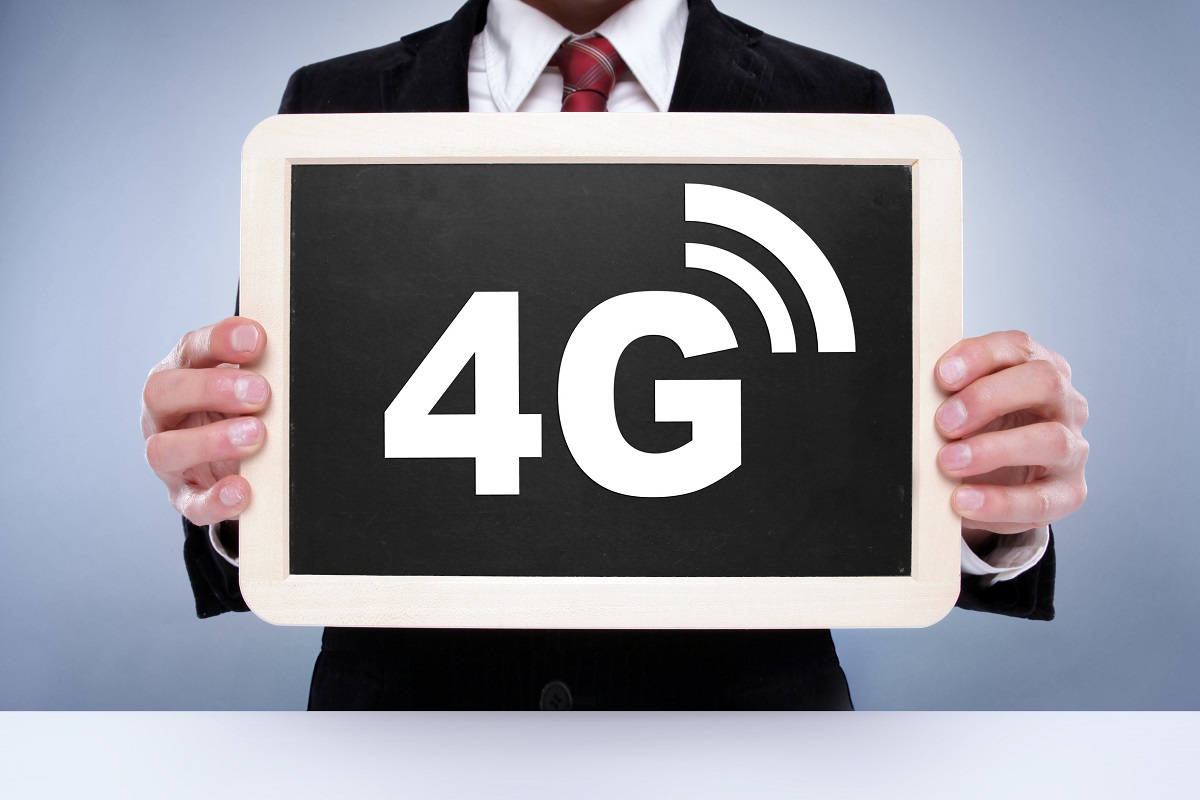Sluggish 5G roll-outs are costing British small businesses billions
Accelerating 5G roll-outs could help unlock marked productivity and cost savings for SMBs across the UK


Sign up today and you will receive a free copy of our Future Focus 2025 report - the leading guidance on AI, cybersecurity and other IT challenges as per 700+ senior executives
You are now subscribed
Your newsletter sign-up was successful
Small and medium businesses (SMBs) are missing out on up to £8.6 billion a year in productivity savings because of the slow roll-out of standalone 5G, according to research from Vodafone.
In a new report, the telecoms firm said the UK is on course to be the fifth most attractive place in Europe for SMEs to use technology to scale, behind Denmark, Finland, Sweden, and the Netherlands - but could jump to second place if it accelerated the roll out of 5G.
"Over 16 million people in the UK work for small and medium sized businesses. They are the bedrock of our economy. As this research shows we need to help them use technology to grow even faster," said Kevin Hollinrake MP, minister for enterprise, markets and small business.
"That involves providing people with the necessary skills to understand how to make the most of innovative technologies such as AI. It also means ensuring we have first class digital infrastructure including gigabit broadband and standalone 5G rolled out across every part of the UK so that every business can benefit from faster speeds and a more reliable network."
The report gives the example of small agricultural businesses, which it said could see the average worker save over three weeks of their time by utilizing 5G standalone-enabled technologies.
Deploying 5G Standalone at speed and accelerating the development of the technology it enables would lead to a collective saving of over 37.7 million working hours a year across the sector, Vodafone said.
Long-term, this could deliver £112 million in annual productivity savings and enable SMBs to reinvest and drive business growth.
Sign up today and you will receive a free copy of our Future Focus 2025 report - the leading guidance on AI, cybersecurity and other IT challenges as per 700+ senior executives
Similarly, more than two million employees in the retail sector could save over 45.3 million working hours a year by deploying 5G standalone-enabled technologies such as IoT stock maintenance systems. This, it said, could contribute to productivity savings of £1.85 billion a year.
Other industries that would particularly benefit include science, technology and professional services, with savings of £1.67 billion; construction, with a £1.28 billion saving; and manufacturing, with a figure of £854 million.
Robust 5G connectivity is critical for SMBs
Tina McKenzie, policy and advocacy chair at the Federation of Small Businesses (FSB), said strong a reliable mobile connectivity is "essential for small businesses to thrive", yet many still encounter significant problems in this regard.
"We often hear that unreliable mobile connectivity remains a big obstacle for small firms and the self-employed, and is particularly disrupting for productivity in rural areas," she said.
RELATED WHITEPAPER

"As technology develops, the need for a decent connection is even more vital. Rolling out standalone 5G to all areas of the country quickly and efficiently will help small firms stay at the forefront of technological innovation, improving work rate as well as ensuring the UK remains a great place to start and run a business."
According to OpenSignal, the UK ranks last among G7 countries for average 5G download speeds, while research by the Federation of Small Businesses (FSB) shows that nearly half of small businesses in rural areas experience unreliable data connectivity.
"It is essential that the UK seizes the opportunity to improve 5G networks to create a first-class environment for SMEs to grow and scale," said Emma Jones, CEO of Enterprise Nation.
Emma Woollacott is a freelance journalist writing for publications including the BBC, Private Eye, Forbes, Raconteur and specialist technology titles.
-
 ITPro Best of Show NAB 2026 awards now open for entries
ITPro Best of Show NAB 2026 awards now open for entriesThe awards are a fantastic opportunity for companies to stand out at one of the industry's most attended shows
-
 Mistral CEO Arthur Mensch thinks 50% of SaaS solutions could be supplanted by AI
Mistral CEO Arthur Mensch thinks 50% of SaaS solutions could be supplanted by AINews Mensch’s comments come amidst rising concerns about the impact of AI on traditional software
-
 Vodafone and Altice launch €7 billion joint venture in Germany
Vodafone and Altice launch €7 billion joint venture in GermanyNews The British telco currently offers connections to over 24 million homes in Germany, its biggest market
-
 Vodafone to remove Huawei equipment from its core networks
Vodafone to remove Huawei equipment from its core networksNews The decision comes after PM capped Huawei’s involvement in building the UK’s 5G telecoms network
-
 The best 4G network
The best 4G networkIn-depth Every mobile provider offers 4G contracts, but which one is the best for you?
-
 Three asks Ofcom to limit BT's mobile dominance
Three asks Ofcom to limit BT's mobile dominanceNews Three and other mobile operators ask Ofcom again to limit BT's spectrum ownership
-
 76% companies think IoT is crucial for success
76% companies think IoT is crucial for successNews Almost half of companies want to develop their own IoT-based products over the next two years
-
 Three tries to stop Vodafone and BT buying too much spectrum
Three tries to stop Vodafone and BT buying too much spectrumNews The mobile provider has asked Ofcom to step in
-
 Internet of Things tags will monitor Orkney seals population
Internet of Things tags will monitor Orkney seals populationNews Vodafone IoT tags will help St Andrews examine declining population
-
 Qualcomm sells 4G spectrum to Three and Vodafone
Qualcomm sells 4G spectrum to Three and VodafoneNews The two companies wil use L-Band to boost their 4G coverage around the UK
